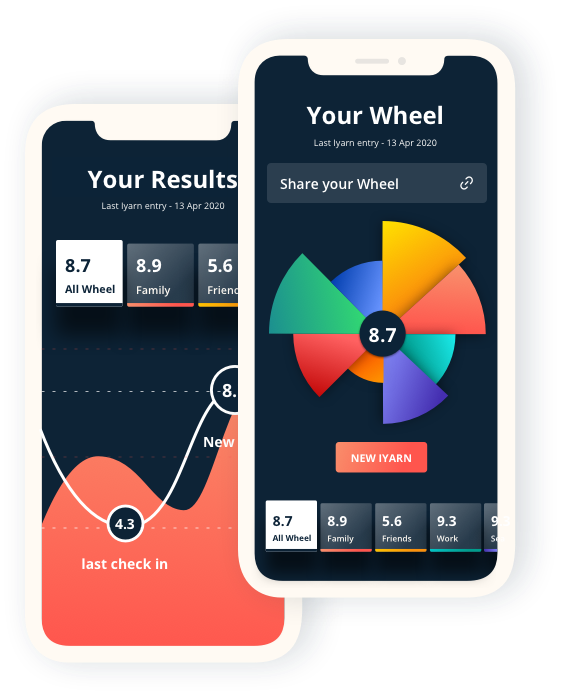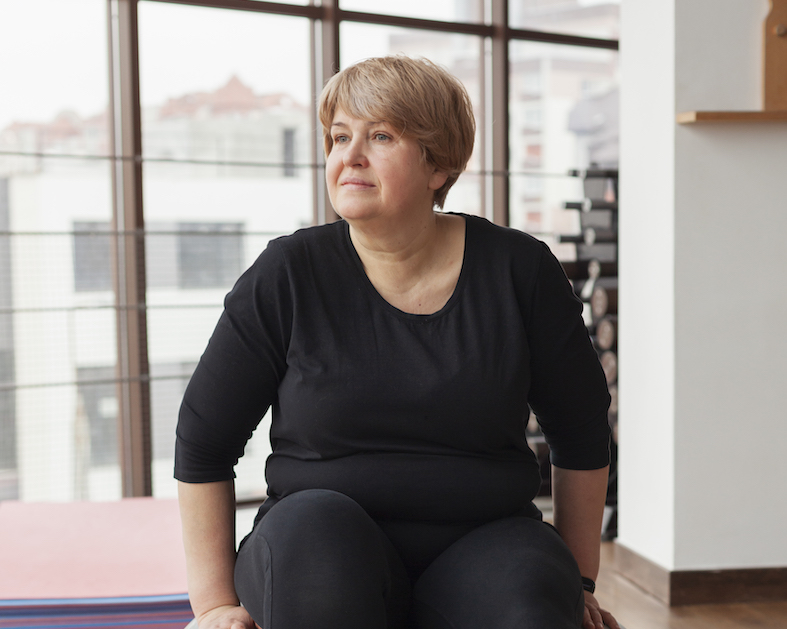Social Connection: How and Why It’ll Change Your Life
Connection is key! With proven benefits to health and well being, we take a deeper look at social connection: what it is, why it matters and how you can improve.
What is Social Connection?
Social connection is that feeling of being close to other people, or part of a group.
The human brain is actually hard-wired for connection. The need to belong has been a part of our survival instincts over thousands of years, and new research shows that our brains have evolved to naturally process the world with an emphasis on our connection with others.
Note that not all relationships are positive, and we’re focusing this article on positive, meaningful social interactions that have a beneficial outcome.
“I define connection as the energy that exists between people when they feel seen, heard and valued; when they give and receive without judgement; and they they derive sustenance and strength from the relationship.”
Dr Brene Brown
Connection is important and continues to play a huge part in our personal and professional lives in the 21st century. In its strongest forms, connection is the foundation for love and friendship.

Why Should You Connect?
As people, we’re motivated to live, work and play together. Connecting with others can provide a wide range of benefits for you:
- Solve problems that you can’t solve yourself;
- Make it easier to move to a new city or settle in a new job;
- Help you to develop emotionally as a person, including resilience and coping skills;
- Improve your mental health, including reduced risk of depression and anxiety;
- Improve your physical health, including lower risk of heart disease, stroke and Alzheimers; and
- Help you live longer! A meta study of 300,000 participants showed a 50% boost to longevity by having strong social connections.
Connection can also unlock new opportunities for you, personally and professionally.
Social connections can play an important role in people’s lives at all ages. Connecting with others is one of the most important things you can do to ensure you’re mentally healthy well into your latter years… and its also one of the best things you can do when you’re growing up!
Of course, the reverse is equally true: while connection can help you immensely, isolation and loneliness can be devastating to mental and physical wellbeing.
What Happens if You Don’t Connect?
There is a famous study by a team lead by UCLA Professor Matthew Lieberman. This study used advanced imaging to monitor the brain as participants played a virtual game of catch.
“In the first part of the experiment, the participant was told technical problems prevented them from playing, so they could only watch. In the second half, they were able to catch and throw the ball to the player of their choosing. But after they received the ball seven times, the computer stopped throwing the ball to them for the remaining 40 or so tosses.”
New Scientist
When participants were excluded from the game (by the other participants ignoring them), certain areas of the brain were activated in the same way as the response to pain. The study highlights the very real consequences of rejection, loneliness and isolation.

Who Should You Connect With?
All kinds of people can play an important role in your life. Friends and family are usually right at the top of the list!
Most people will spend the majority of their waking hours in a given week at work, so colleagues (including bosses or perhaps professional mentors) undoubtedly play an important role too.
Closer to home, neighbours can also be important, along with those who have common interests with you, like those you might find in clubs for sport, recreation or hobbies.
It’s also really important to consider connections with those of differing ages. People who are younger or older can offer incredibly relevant perspectives or support. People from diverse backgrounds can also be enormously valuable in your circle.
While the list of potential connections is endless, research seems to suggest that it’s not the number of connections that matters. Instead, it’s the quality of those relationships that will make the most significant impact on your feelings of connection.
What Makes it Easier to Connect With Others?
Connecting isn’t always easy. Relationships require time and tolerance, almost without exception.
Connecting with others requires a sense of openness and availability. People who can really connect with others are typically those that can show empathy, compassion and goodwill.
What are Golden Rules for Better Social Connections?
You should aim to always have at least one reliable and trustworthy person in your life, and ideally, a circle of friends, family and other connections. It’s key that you’re in regular contact with these people.
If you need help to improve your level of social connection or your abilities to connect with others, there are a few ‘golden rules’ that might help you.
Firstly, make connecting with people a priority. This might start with small steps: a phone call, an email or even a coffee.
Secondly, consider focusing your initial efforts on the kind of relationships that you enjoy. It’s certainly easier to strike up a connection if you’re inherently motivated by a certain type of activity.
Thirdly, overcome the barriers in your life. Maybe you are physically isolated: try video calling to bridge the gap. Maybe you don’t know anyone in a new city, but your existing friends might. Often those people you already have a strong relationship with can help you to overcome barriers with forming new relationships.
Fourthly, seek out new relationships and new experiences. Take up a new hobby, involve yourself in an organized club, or perhaps find a way to help in your community by sharing your skills and experience. Volunteering can be a particularly rich experience.
Finally, if you don’t have access to someone, consider professionals who might be able to assist.
Self-Reflection and Connection
Who you spend your time with, and how you spend that time, will often show you what is really important in your life.
Self-reflection can be a really important part of connecting with others. Understanding your priorities and your current status can help you to ask others for help. Reflecting on your own successes and struggles can also make you more empathetic with others.
iyarn Can Help You Connect
iyarn is a platform that connects people, enabling conversations, sharing stories and creating supportive communities.

With iyarn, you can:
- Check in with your current status – Easily understand your overall position in life, according to the criteria that matter to you
- See progress over time – Visualise a holistic approach and understand your progress
- Share your highs and lows with others – Move past the routine conversation and focus on what matters
- Reframe your relationships – Get help to move past the routine conversation and focus on what matters
iyarn lets you take these to work with you, in your pocket, accessible anywhere, anytime.




